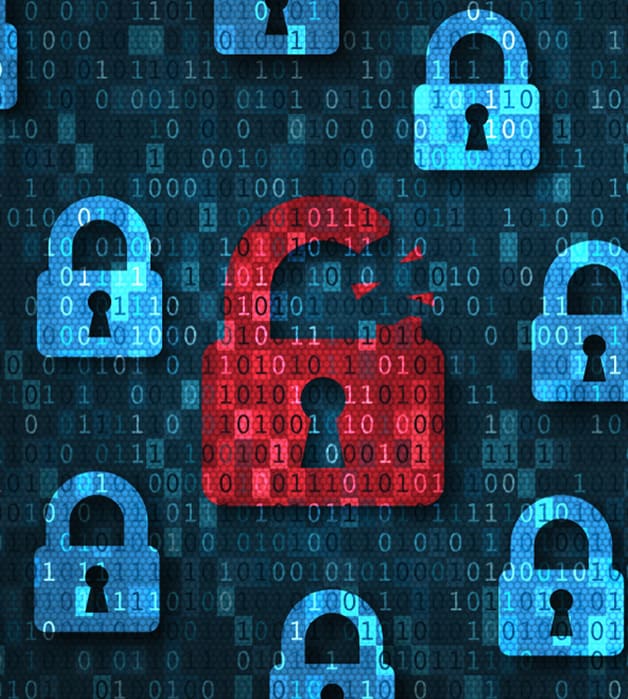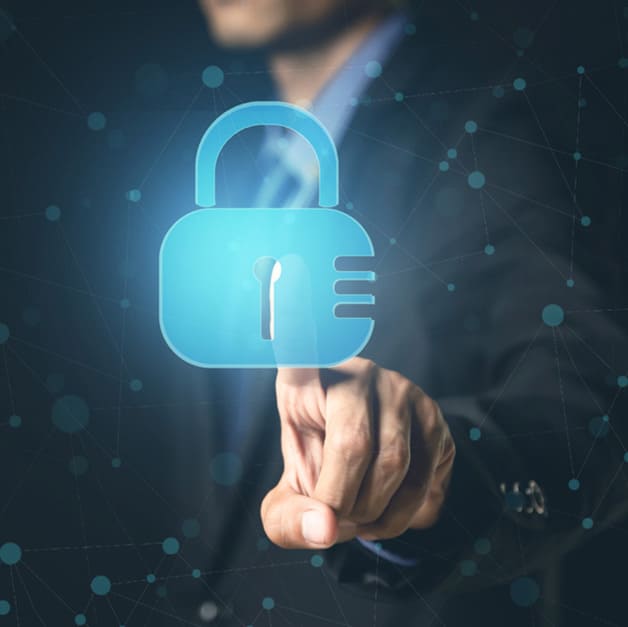
MFA For Cloud Apps
Often referred to as two-factor authentication (or 2FA), cloud multi-factor authentication is a critical and vital tool that fights against identity theft and unauthorized access to company resources. Multi-factor authentication adds a second or third factor to the login process on all your company resources including apps, services, servers, etc.
It is a secure way to verify user identity, which is more secure than the classic username-password authentication. MFA incorporates a password and 1-2 additional authentication factors.
MFA plays a crucial role Identity and Access Management (IAM), and is often implemented within Single-Sign-On (SSO) solution. In general, MFA may include any two of the following:
- Something that you know, e.g., a password.
- Something that you have, e.g., a device.
- Something that you are, e.g., your fingerprint.



